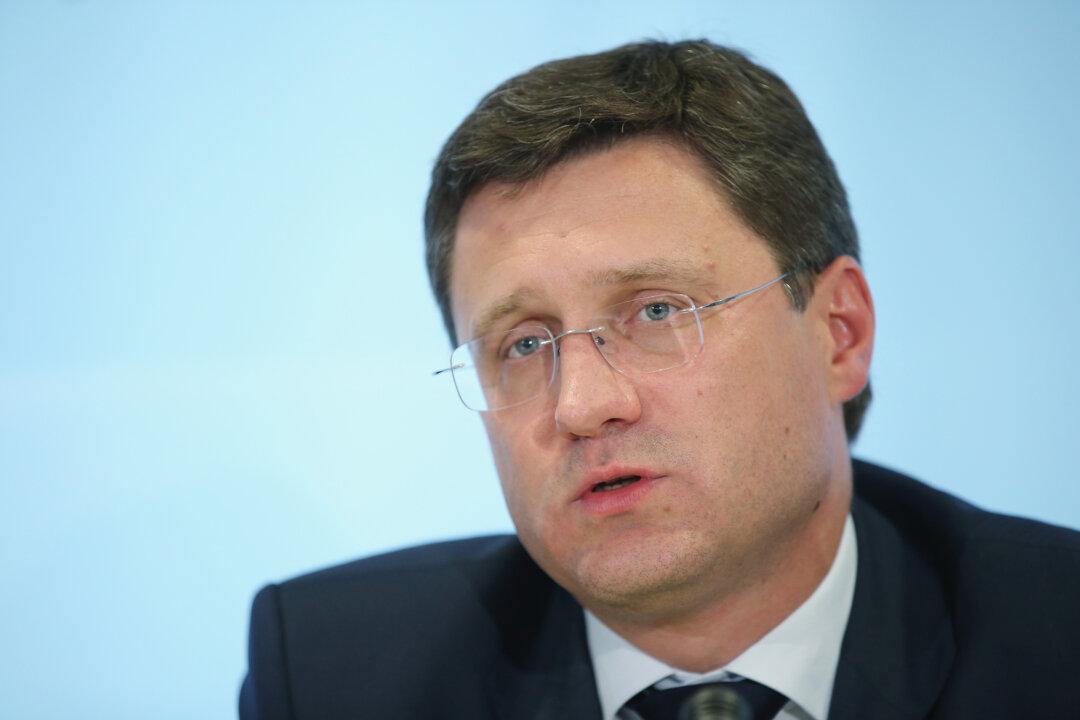Russian Deputy Prime Minister Alexander Novak warned on Monday that the country could potentially cut gas supplies via the Nord Stream 1 pipeline to Germany.
“In connection with unfounded accusations against Russia regarding the energy crisis in Europe and the imposition of a ban on Nord Stream 2, we have every right to take a matching decision and impose an embargo on gas pumping through the Nord Stream 1 gas pipeline,” Novak said in a statement broadcast on state television.




